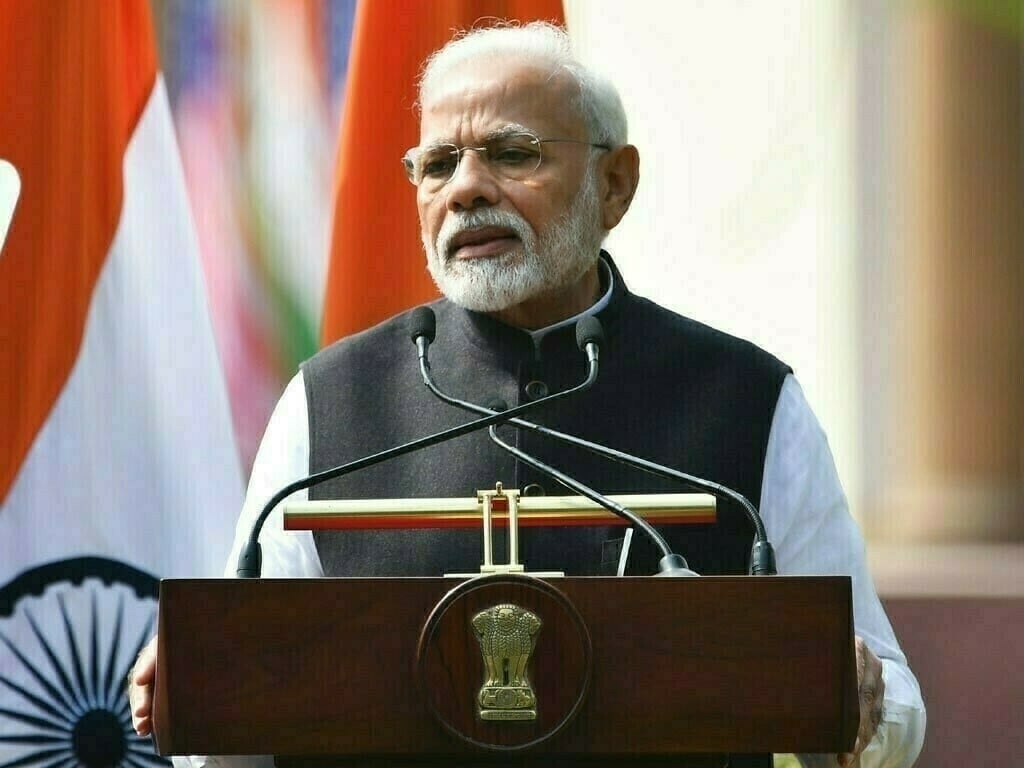Indian Prime Minister Narendra Modi escalated rhetoric on Thursday by declaring that Pakistan will not receive water from rivers under India’s control, citing retaliation for a deadly attack in Indian Illegally Occupied Jammu and Kashmir (IIOJK). The statement intensifies the longstanding tensions between the two nuclear-armed neighbors, particularly over water access governed by the Indus Waters Treaty.
“Pakistan will have to pay a heavy price for every terrorist attack … Pakistan’s army will pay it. Pakistan’s economy will pay it,” Modi said during a public rally in Rajasthan.
In response, Pakistan’s Attorney General Mansoor Usman Awan emphasized that Islamabad remains open to dialogue on water sharing but insisted that India must abide by the Indus Waters Treaty, a decades-old agreement brokered by the World Bank.
“Pakistan is willing to talk about or address any concerns India may have,” Awan told Reuters. He acknowledged that India had recently written to Pakistan, citing population growth and clean energy needs as justification to revisit aspects of the treaty. However, he made it clear that any discussions must occur strictly within the framework of the treaty.
READ MORE:
Pakistan’s Military Vows to Crush External Threats, Affirms Unyielding National Defence
Awan asserted that the treaty remains “legally binding,” and any unilateral action by India would be undertaken “at its own cost and peril,” especially in relation to hydroelectric projects that may violate treaty terms.
Despite the heightened rhetoric, both countries have largely adhered to a ceasefire agreement along the Line of Control (LoC). Indian Foreign Minister Subrahmanyam Jaishankar confirmed that there have been no recent exchanges of fire and noted a “repositioning of forces” on both sides.
The Indus Waters Treaty, signed in 1960, has survived multiple conflicts between India and Pakistan, making it a crucial instrument for regional water security and bilateral stability.




